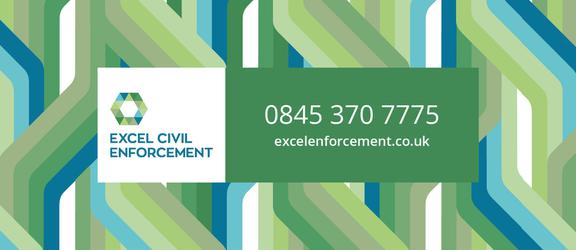
Council tax payments and the changing world of work

The way we work
The way we work is changing. With zero hours contract and the upwards trend in contracting and freelancing people are earning money in a different way to the traditional monthly salary payments of equal amounts being evenly distributed throughout the year.
Most local authorities offer a statutory payment schedule, 12 months council tax paid over ten months (April to January) leaving nothing to pay in February and March. This is a model that hasn’t changed and is for most local authorities the set standard and therefore the default offered to residents.
Flexibility
It will be worth pointing out that there is flexibility for council tax payments, although all local authorities offer this, it might not be something that is made explicitly clear when they send bills to their residents.
For instance if a resident isn’t working in a monthly salaried position and might fall into one of the following categories it might be worth considering offering flexible payments and seeking their permission to record this information on their account.
- Commission based work
- Freelance work
- Work in the gig economy (Uber for example)
- Work that receives bonus payments
- Temp work
- Contracting
The flexibility to allow the tax payer to under and overpay will mean that their payments can more accurately reflect a portion of their monthly income as a payment and that a local authority can be sympathetic and adjust accordingly to reflect the changing nature of work. Installments plans can be weekly, fortnightly, monthly, half yearly or yearly if the tax payer is paying in advance and prior agreement is reached with the council tax department.
Payments over 12 months
Another option, which may well suit those on full or partial benefits or even for those to whom regular and stable payments would benefit is to offer payments over 12 months. These 12-month payments can be made at the same time every month to allow individuals to plan their outgoings.
As this isn’t offered as standard it is something worth highlighting and offering to those who have fallen into arrears in previous years especially after the two month break in payments (February and March) has passed and they are once again having to adjust to paying another bill.
Councils need to be aware of the changing work landscape and employment status of their residents and how being more flexible with proactive payment schedules can aid their cashflow.
It is worth noting that the consultation document states 'Setting a default assumption that payment of council tax by instalments will be over 12 months rather than (as is currently the case)' as a recommendation on 31st October 2011.




